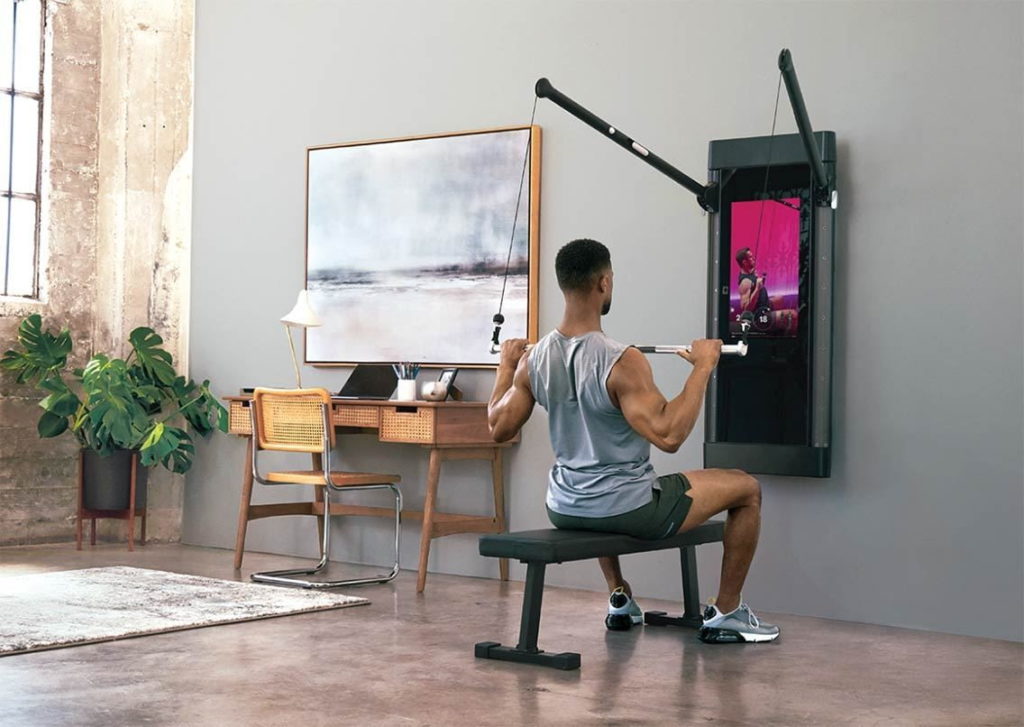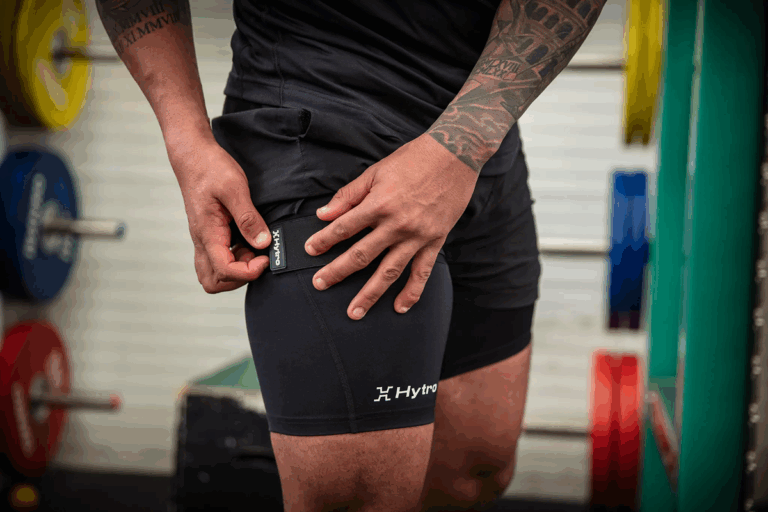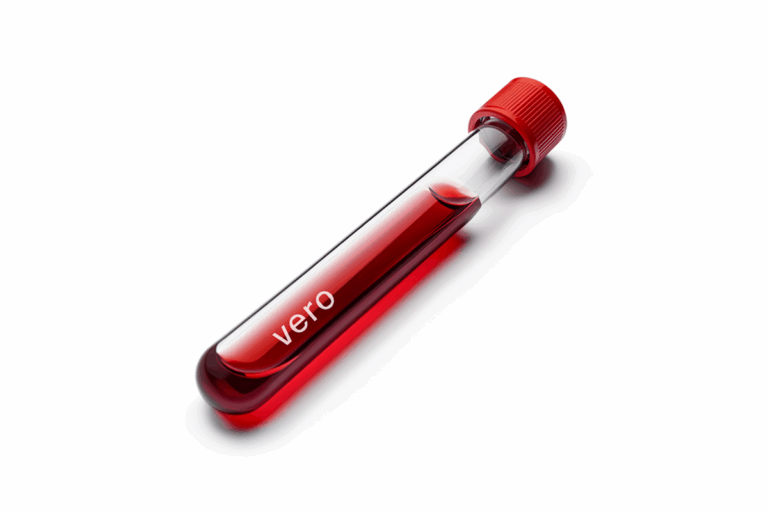Whether you’re an employer or job seeker, the hiring process is hard. Shining a spotlight on this problem, we spoke to Tonal’s Talent Acquisition Manager Steve Moser about his best advice for candidates hoping to stand out, level up, and land their dream health and fitness job.
Looking for a new gig? Head to Fitt Jobs for openings at leading health, wellness, and fitness companies.
Roles at high-growth health and fitness companies are highly competitive. What can candidates do to stand out?
SM: These roles are definitely highly competitive. I’ve heard some candidates, and even some recruiters, over the last couple of years make comments about cover letters being a thing of the past.
But when you’re applying for a role in a company or industry you are passionate about—and when there could be hundreds of applicants who meet the requirements —is there a better way to stand out than a tailored cover letter that ties your professional experience with your passion for the company’s mission?
While it may not be realistic for every candidate to spend hours drafting a cover letter for every role they are applying for, make it count for the ones you are really excited about.
It’s also not a bad idea to include some personal interests or a statement of interest on your resume that highlights why you are excited about working in the health and fitness industry.
What does your company’s hiring process entail?
SM: This has shifted a bit in the last year or so, as I’m sure many have. Our process is rather straightforward, but it depends on the role.
The typical process after submitting an application is an intro call with someone from our Talent Acquisition team. After that, candidates that move forward will advance to a 2nd phone or Zoom call with a hiring manager.
In some cases, there could be a take-home assignment, presentation, or technical assessment following this step before our final round of interviews. Our final round of interviews used to all be in-person, but we have switched these to mostly being over Zoom now.
It will be interesting to see as the world opens back up how much we still continue to use Zoom interviews as opposed to in-person at times since they make the logistics and scheduling a bit more straightforward, but we miss being able to give candidates a tour of our office gym and being able to demo Tonal for them!
Which credentials matter when assessing applicants?
SM: The most important thing a candidate can do to stand out is to make sure they are applying for jobs they are truly qualified for; it’s usually not a good look to apply to every job on a company’s career page since it can make your career goals look unclear to a hiring team.
The great thing about the evolution of the fitness technology industry over the last several years is that there are jobs for a variety of skill sets and degrees now. Gone are the days of needing a degree in exercise science or kinesiology to work for a company focused on fitness if you have another desirable skill set that you can bring to the table.
As the fitness tech industry evolves, I think we’ll see more people that have undergrad degrees in those types of fields combined with business or technology-related graduate degrees or vice versa if they are passionate about health and wellness.
Succeeding at a startup or fast-growing company is challenging. How do you screen candidates for intangible skills?
SM: You really need to be able to navigate ambiguity, have humility, and understand coming in that you won’t always just be bound to the exact bullets from your job description.
We often ask candidates to give examples of times that they were in situations where they didn’t have clear policies or procedures in place and how they handled that. You have to be able to make decisions on the fly quite often, and at any level in a startup, you might be handling something that is a “first” for the company.
Rather than preparing to be asked some of the old cliché interview questions like “what is your greatest weakness?”, be ready to tell a story about a time you made an autonomous decision and how it either fell flat and what you learned, or why it succeeded but could have been better.
Any additional advice about the hiring process you’d like to impart?
SM: Be conversational and give stories, not “answers”. As you prepare, think more about moments and events you are proud of, or that you learned from, that you can use as examples rather than trying to memorize talking points from your resume.
Note: This Q&A has been lightly edited for clarity and readability






